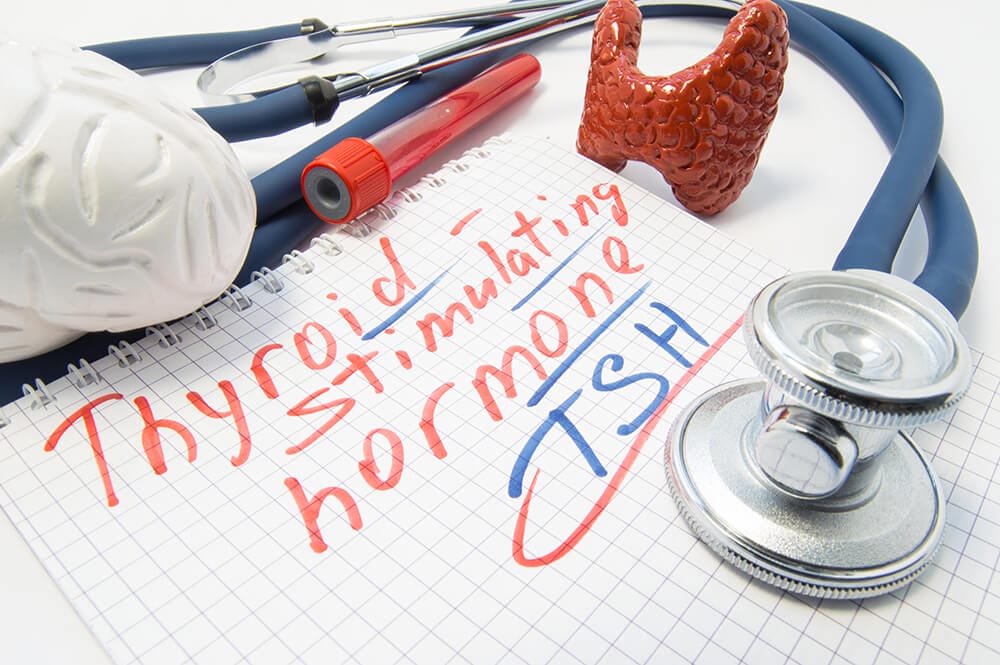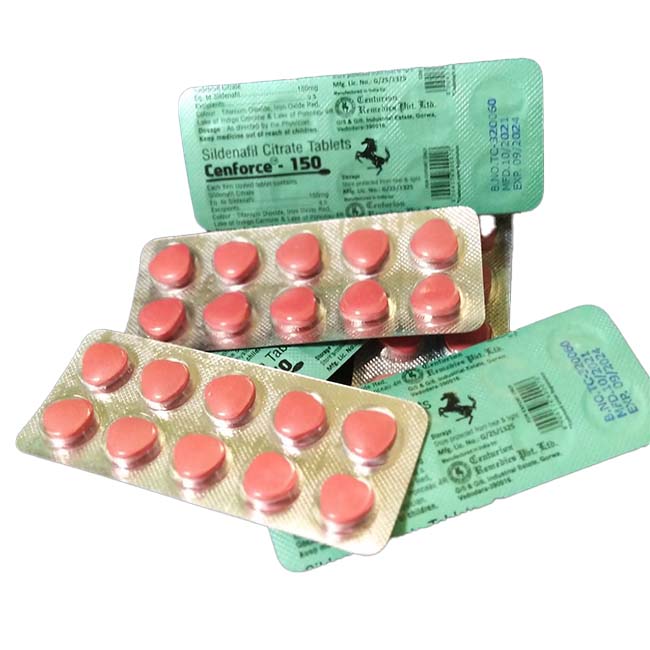A man strolls along the sidewalk, feeling completely fine—when suddenly, he grips his chest tightly and crumples to the ground.
That’s the typical depiction of heart attacks in men in movies, but real-life experiences often differ from that portrayal.
While it is true that heart attacks can occasionally happen without warning, such instances are far less common than commonly believed. In most cases, heart attacks are accompanied by warning signs and symptoms that can help identify the condition.
According to Dr. James Park, a renowned expert in cardiovascular health, the majority of patients do experience symptoms before their heart attacks. However, it is often the case that men tend to dismiss or attribute these symptoms to other ailments, potentially putting their health at risk. To provide further insight, here are the firsthand experiences of six individuals who have bravely shared what a heart attack truly feels like.
Consider this scenario: when faced with intense chest discomfort, it’s natural to seek immediate medical attention. However, it’s often the case that milder symptoms of a heart condition are easily disregarded or dismissed.
Despite perceiving oneself as healthy, the prevalence of cardiovascular issues is significantly higher than one might assume. Recent data released by the American Heart Association reveals that approximately 50 percent of the American population is affected by some form of cardiovascular disease. Alarming reports from the organization highlight that cardiovascular diseases contribute to the highest number of fatalities globally.
In the United States, the count of fatalities related to heart disease rose from 836,546 in 2015 to 840,678 in 2016. This increase can be attributed to the revised guidelines for high blood pressure, which set the threshold at 130/80 mm Hg instead of the previous measurement of 140/90 mm Hg. High blood pressure serves as a significant risk factor for both cardiovascular disease and heart attacks.
Recognizing the importance of taking uncommon symptoms seriously is crucial as it enables the potential detection of a heart attack before it occurs.
Discover below seven unexpected indicators to remain vigilant for, along with appropriate actions to take should you experience them.
Unexpected Sign of a Possible Heart Attack – Extreme Fatigue
When your regular daily activities or exercise routines start feeling unusually challenging, or if you find yourself too exhausted to accomplish your usual tasks, it is strongly advised to schedule a visit to your doctor. Dr. Robert Segal, a distinguished expert in cardiology and the founder of Manhattan Cardiology, emphasizes the importance of seeking medical attention in such circumstances.
Experiencing heightened fatigue may indicate a weakening of the left ventricle, the primary muscular component responsible for efficiently pumping blood throughout the body, as explained by Dr. Segal. In the event that the left ventricle fails to function optimally, the heart’s ability to pump blood adequately becomes compromised, potentially leading to the occurrence of a heart attack.

In instances where the left ventricle is not performing at its optimal strength, the heart’s ability to efficiently circulate an adequate amount of blood throughout the body may be compromised, resulting in insufficient filling between heartbeats. To compensate for this, the body redirects blood away from muscles and directs it towards vital organs such as the heart and brain, as highlighted by the American Heart Association. Consequently, this diversion of blood can leave you feeling exhausted, even after a restful night’s sleep, due to insufficient delivery of fresh, oxygenated blood to your tissues.
Your Ability to Maintain an Erection Weakens
Erections transpire as a result of increased blood flow into the penis, causing it to become firm and rigid. However, if the blood vessels sustain damage, blood circulation becomes restricted, resulting in a reduced likelihood of achieving or sustaining an erection during moments of arousal. This serves as a primary cause of erectile dysfunction.
As Dr. Segal elucidates, if the blood vessels in your intimate area are compromised, there is a notable possibility that the blood vessels near your heart may also be affected.
Plaque accumulation stands as a significant contributor to the damage of blood vessels. When this phenomenon takes place within the vessels connected to your heart, it poses a potential risk of experiencing a heart attack, as stated by the expert.
Encountering a temporary episode of performance difficulty is typically not a cause for major concern, as it could simply be attributed to fatigue or stress. However, if the problem persists consistently over several sexual encounters, it may serve as an indication of an underlying and potentially more significant issue.
You Experience Leg or Hip Cramping While Walking
Experiencing a cramping or burning sensation that originates in your calves and gradually progresses to your thighs and hips may indicate an underlying issue. This symptom often points to peripheral artery disease, a condition characterized by the narrowing of arteries, which restricts blood flow to various parts of the body including the limbs, stomach, and head.
The discomfort you experience is a result of insufficient blood flow in your legs. According to Park, many patients acknowledge their inability to walk normal distances without experiencing symptoms. They often have to pause and rest before they can resume walking without experiencing discomfort.

The discomfort you’re experiencing could indicate potential problems with your heart. Peripheral artery disease (PAD) shares similarities with coronary artery disease, which involves the accumulation of plaque around the major blood vessels of the heart. Therefore, the plaque buildup that narrows your limb arteries may also occur in the arteries near your heart, as stated by the Mayo Clinic.
According to Park, the accumulation of plaque can greatly increase your susceptibility to a heart attack.
You are Experiencing Severe Snoring Issues.
If your snoring resembles a buzzing saw, if you frequently wake up gasping for air, or if you feel tired despite getting enough sleep, these could be indications that you are suffering from sleep apnea—a sleep disorder characterized by breathing interruptions during sleep. If left untreated, sleep apnea can elevate your risk of experiencing a heart attack.
The pauses in breathing associated with sleep apnea can place significant strain on your body, leading to elevated blood pressure, irregular heartbeats, and an increased risk of heart disease, according to Segal. These factors collectively contribute to a higher likelihood of experiencing a heart attack.
You Experience a Sense of Nausea in your Stomach
Occasionally, feelings of nausea, indigestion, or persistent burping may be attributed to a stomach bug. However, it’s important to note that these symptoms can also indicate an underlying issue with your heart.
According to Park, “the intricate network of nerves in our body can occasionally create confusion in signal transmission”. The nerves in both the gastrointestinal tract and the heart are interconnected, meaning that a potential issue developing in the heart can manifest as discomfort in the stomach. This is why certain symptoms that originate in the heart can be misinterpreted as digestive discomfort, he further explains.
However, there is a way to differentiate between a stomach bug and a more serious condition. Typically, if the nausea is a result of an impending heart attack, it tends to intensify during physical exertion and subsides when you rest. This distinct pattern can help distinguish it from a regular stomach bug.
You Experience an Unusual Sense of Unease or Restlessness
Research indicates that women who experience anxiety may have lower blood flow to the heart compared to those without anxiety. While the direct link between anxiety and reduced blood flow in men is not yet established, it is crucial for men to recognize the potential impact of anxiety on their risk of heart attack, cautions Segal.
The similarity between symptoms of anxiety and those of a heart attack can cause confusion, as chest pain, shortness of breath, and heart palpitations are common in both cases. It becomes even more challenging to differentiate between the two when these symptoms occur without an apparent stress-inducing situation.

According to Segal, this overlap in symptoms can create a challenge in identifying heart issues, potentially causing delays in diagnosis and treatment. In simpler terms, if you attribute your racing heart to a mood-related issue, you might not immediately recognize the need to call 911.
Experiencing anxiety can exert additional pressure on your heart. The reason behind this is that feelings of tension can lead to the narrowing of blood vessels and an accelerated heart rate. Consequently, these factors have the potential to trigger a heart attack, as highlighted by Segal.
Indicate Heart Issues: You’re Experiencing Bloating
Feeling bloated is a common occurrence, especially after consuming a highly salty meal. However, it’s important to note that bloating can also be attributed to congestive heart failure. In this condition, the heart’s weakened pumping ability results in fluid accumulation throughout the body.
Swelling in the legs, feet, ankles, or stomach is often observed in cases of bloating related to congestive heart failure, as highlighted by the American Heart Association. You might also experience unexplained weight gain or find your shoes fitting tighter than usual. If persistent bloating occurs, it is advisable to seek medical attention for further evaluation.
Actions to Take When Experiencing Symptoms of a Heart Attack
While these symptoms may not necessarily indicate an immediate threat to your heart, they should serve as a warning sign of potential issues ahead. It is essential to schedule an appointment with your doctor at the earliest opportunity to ensure proper evaluation and appropriate measures are taken.
“If you’re lucky to experience any symptoms, pay attention to your body’s signals and seek medical attention,” advises Dr. Park.
If your healthcare provider suspects the possibility of an impending heart attack, they may suggest an electrocardiogram (EKG) to assess the electrical activity of your heart and determine if any damage has occurred. Additionally, a coronary angiogram might be recommended to identify any blockages in your arteries.
If you encounter any typical symptoms that indicate you are currently experiencing a heart attack, it is crucial to dial 911 immediately. These symptoms may involve chest pressure or tightness, difficulty breathing, dizziness, sudden sweating, or discomfort in the arms, neck, or jaw.
Naturally, the most effective approach to avoid a heart attack is to enhance overall well-being through the reduction of high blood pressure, maintenance of healthy body weight, and avoidance of smoking.
The Final Bottomline
It is crucial to be aware of the seven common symptoms of a heart attack and understand their potential causes. Recognizing the signs and understanding the underlying factors can help save lives and prevent serious complications. Chest pain, shortness of breath, discomfort in various body parts, nausea, lightheadedness, and cold sweats are all potential indicators of a heart attack, although symptoms can vary among individuals. It is important to note that chest pain is not the only symptom, and atypical symptoms can occur, particularly in women.
The primary cause of a heart attack is the blockage of coronary arteries due to the buildup of plaques. Factors such as high blood pressure, high cholesterol, smoking, diabetes, obesity, a sedentary lifestyle, and a family history of heart disease can increase the risk of developing coronary artery disease and experiencing a heart attack.
Frequently Ask Questions:
Q: What are the common symptoms of a heart attack?
A: The common symptoms of a heart attack include chest pain or discomfort, shortness of breath, pain or discomfort in the arms, back, neck, jaw, or stomach, nausea, lightheadedness, and cold sweats. It is important to note that symptoms can vary from person to person, and some individuals may experience atypical symptoms or no symptoms at all.
Q: Is chest pain the only symptom of a heart attack?
A: No, while chest pain or discomfort is a common symptom of a heart attack, it is not the only symptom. Some individuals, particularly women, may experience atypical symptoms such as shortness of breath, pain or discomfort in other parts of the body (such as the arms, back, neck, jaw, or stomach), nausea, lightheadedness, or cold sweats. It is essential to pay attention to any unusual symptoms that could indicate a heart attack.
Q: What causes a heart attack?
A: A heart attack, also known as a myocardial infarction, is usually caused by a blockage in the coronary arteries. The blockage is typically a result of the buildup of fatty deposits called plaques in the arteries, leading to a condition known as coronary artery disease. When a plaque ruptures, a blood clot can form, blocking the flow of blood to the heart muscle and causing a heart attack. Other factors that can contribute to the development of coronary artery disease and increase the risk of a heart attack include high blood pressure, high cholesterol, smoking, diabetes, obesity, a sedentary lifestyle, and a family history of heart disease.
Q: Are heart attacks preventable?
A: While some risk factors for heart attacks, such as family history and age, cannot be changed, there are several lifestyle changes that can significantly reduce the risk of a heart attack. These include adopting a healthy diet low in saturated and trans fats, maintaining a healthy weight, engaging in regular physical activity, avoiding smoking and excessive alcohol consumption, managing stress, and controlling conditions such as high blood pressure, high cholesterol, and diabetes. Regular check-ups with a healthcare professional are also crucial for monitoring and managing risk factors.
Q: What should I do if I suspect a heart attack?
A: If you suspect you or someone else is having a heart attack, it is important to act quickly. Call emergency services or your local emergency number immediately. While waiting for help to arrive, it is recommended to chew and swallow aspirin (if not allergic) as it can help reduce damage to the heart muscle. If the person becomes unconscious and stops breathing, CPR (cardiopulmonary resuscitation) should be initiated if you are trained to do so. It is essential not to delay seeking medical help as prompt treatment can significantly improve the chances of survival and minimize heart damage.







